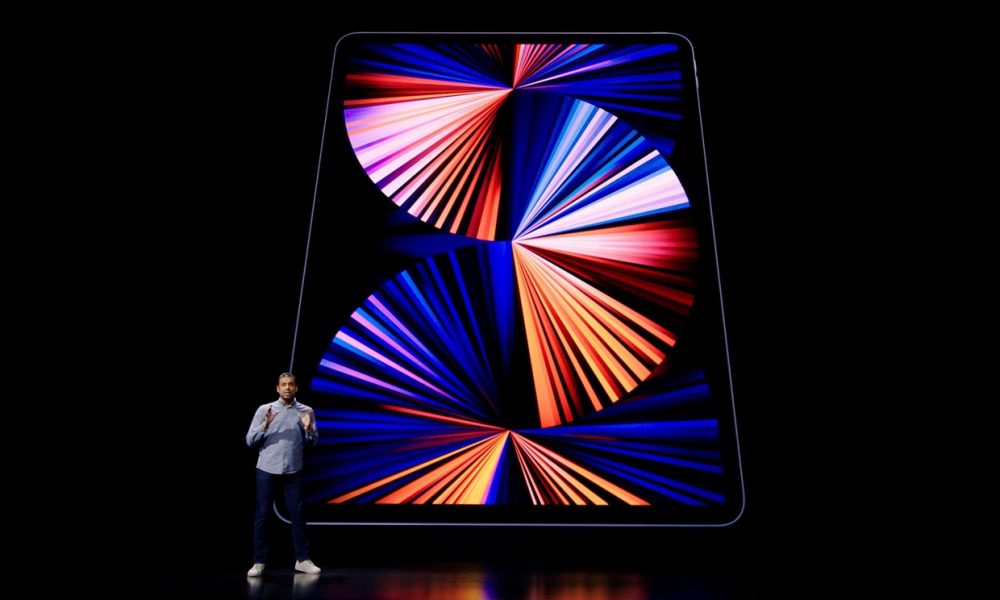On Thursday, President Trump signed two executive orders, which take effect in 45 days, banning TikTok and WeChat from operating in the United States, a move that escalates pressure on the Chinese-owned apps to sell to an American company.
What We Know:
- The executive orders, which were signed late Thursday night, cite national security concerns with two popular Chinese social media networks, TikTok and WeChat. The orders take effect in 45 days and bar any transactions between WeChat or TikTok and “any person or involving any property subject to the jurisdiction of the United States.”
- The order has essentially set a 45-day deadline for both companies to be sold by their Chinese-owned parent companies and acquired by American companies. While the full scope of the ban remains unclear, it appears to have more severe consequences for WeChat as TikTok was in talks earlier this week with Microsoft about its acquisition. These newest restrictions represent a further fragmentation of the global internet, as some nations begin to cut off foreign technology companies from their own markets.
- Tensions have continued to escalate between the United States and China in recent months, and most recently, Trump has focused his attention on technology companies with connections to the Chinese government. In his order, Trump accused WeChat, made by Tencent, and TikTok, made by ByteDance, of “providing a channel for the Chinese Communist Party to obtain Americans’ proprietary information, keep tabs on Chinese citizens abroad and carry out disinformation campaigns to benefit China’s interest.”
- TikTok has become a widely popular social media app in the United States, but WeChat is lesser-known. WeChat, which is mainly used by individuals of Chinese descent, is used widely around the world to communicate with friends, read the news, and carry out business transactions. A ban has the potential to effectively cut off a majority of informal communication between people in China and the United States.
- At a daily news briefing early Friday, the Chinese Ministry of Foreign Affairs spokesman Wang Wenbin called the executive orders a “nakedly hegemonic act” and added, “on the pretext of national security, the U.S. frequently abuses national power and unreasonably suppresses relevant enterprises.”
- For many in China, the ban of WeChat will have a more significant impact as TikTok does not operate in China, and there are few alternatives to WeChat as most other international messaging apps are blocked. The order appears to be aimed at stopping transactions between American companies and parent company Tencent, but such a block would hurt American firms in China as they use the app to do marketing, advertising, and after-sales service. Tencent also widely invested in American gaming and social media companies, including Snap, Activision Blizzard, and the makers of Fortnite, Clash of Clans, and League of Legends. It’s unclear how the order might affect these other investments.
- Critics of the order, including those in the national security community, have doubts about how successful this ban will be in cutting off ties with networks and technologies from China, noting that a good number of communications will run over Chinese-controlled computers and networks no matter what the U.S. government does. “While TikTok is being singled out in this executive order, their data collection and sharing practices are fairly standard in the industry,” said Kirsten Martin, a professor on technology ethics at the University of Notre Dame’s business school. “In fact, many fitness apps were banned from use in the military for tracking location data, but we did not ban them from all U.S. citizens.”
- In a release on their website, TikTok said it is “shocked” by the order and will pursue all remedies available, including the U.S. courts. Tencent said it is reviewing the executive order to get a full understanding.
It is unclear how this ban would be enforced in the United States, but is believed that both apps would be removed from Apple and Google’s app stores.



